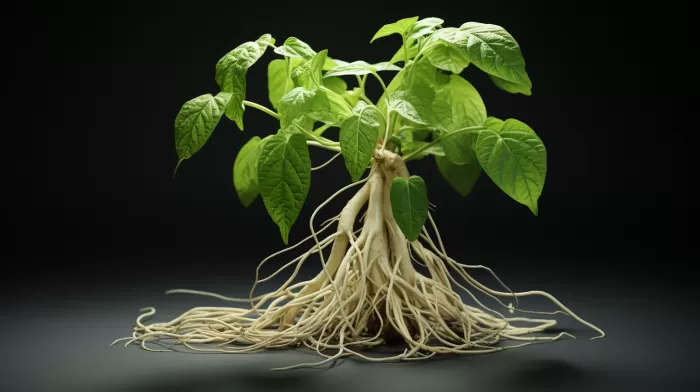For years, doctors and researchers insisted that once your brain and nervous system are developed, there is no room for regrowth or repair of damaged neurons. However, recent findings suggest there may be hope for those dealing with long-lasting neurological damage.
Neuroregeneration: A Historical View
As early as the 1970s, Venezuelan physiologist and physician Fuad Lechin, who was nominated for a Nobel prize, argued that the brain could repair itself under certain circumstances. Researchers knew that adult nervous system repair only occurred in specific parts of the brain, such as the olfactory bulb, where epithelial cells and their associated neurons are continuously replaced. This type of neuroregeneration happens through special cells called neural stem and progenitor cells, present throughout the central nervous system. Recent discoveries show these cells are actively repressed in the majority of brain regions, rather than unable to form new neurons.
The hippocampus, responsible for transforming short-term memories into long-term ones, is a significant area of focus in neuro research. Damage to this region is thought to contribute to memory problems linked to age-related and chronic-stress-related neurodegenerative diseases. As these diseases become epidemic, researchers are discovering that the brain’s hippocampus region can undergo regenerative repair. The critical factor lies in the environment fostering this regeneration.
Inflammation and Oxidation: Detrimental to Neuroregeneration
In most people, the primary factors driving neurological degeneration are inflammation and oxidative stress, which go hand in hand. These two elements play a critical role in the advancement of numerous chronic ailments such as cancer, cardiovascular disease, and type 2 diabetes. By reducing the damage caused by inflammation or free radicals, the nutrition and lifestyle therapies that ease the risks to cardiovascular, cellular, and metabolic health create a beneficial environment for neuroregeneration.
Botanical Compounds Encouraging Neuroregeneration
Researchers are currently investigating several botanical compounds for their potential to benefit neuroregeneration. Compounds derived from Panax ginseng have shown promise in promoting repair and shielding the brain from the effects of oxidative damage. Rg3, a compound found in Panax ginseng, helps alleviate the brain fog often associated with neurodegenerative conditions. It does so by reducing inflammation and preventing neuron apoptosis.
At George Washington University, a special program led by Andrew Heyman, M.D., the Director of Integrative and Metabolic Medicine, is studying the use of Rg3 ginseng compound on combat veterans returning with traumatic brain injury and post-traumatic stress disorder (PTSD). The compound will be administered orally and through a nasal spray.
Other ginseng extracts demonstrate effectiveness in improving memory, reaction time, decision-making, and promoting a sense of calm. An animal study even found that one ginseng compound stimulated the regeneration of injured peripheral nerves.
Many herbal compounds and other nutrients are known to benefit brain cell health, likely due to their antioxidant and anti-inflammatory properties. Among the top recommendations extensively used in clinical practice, honokiol, derived from Magnolia officinalis tree bark, boasts a broad range of benefits. Traditionally used in Chinese medicine for neurological and digestive health, the purified honokiol extract now provides powerful, targeted support against inflammation and oxidative stress. It also promotes relaxation, aids sleep, and exhibits potent anticancer effects. Crucially, studies have confirmed that honokiol crosses the blood-brain barrier, enabling therapeutic levels to reach delicate brain tissues for protection and support.
Promoting Neuroregeneration Through Holistic Approaches
Given the developments in botanical approaches to neurological health, it has become clear that neuroregeneration is not merely a wishful idea but an emerging reality. Additionally, research has shown that lifestyle factors – such as regular exercise, meditation, yoga, social support, healthy stress relief, and an anti-inflammatory diet – all contribute to neurological health, regeneration, and overall vitality.



